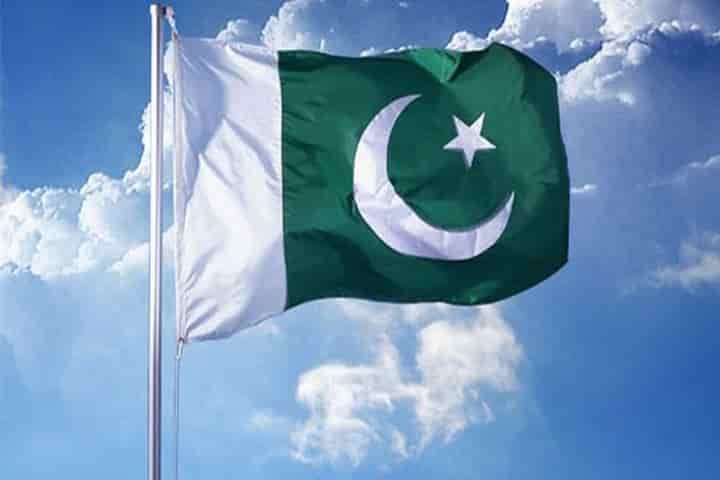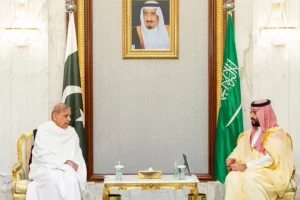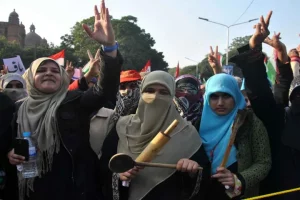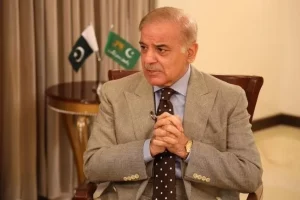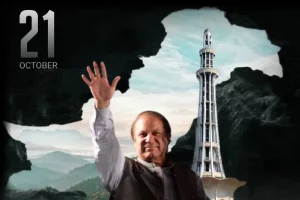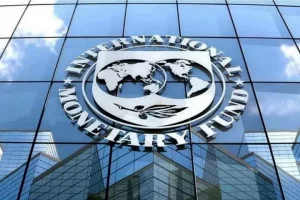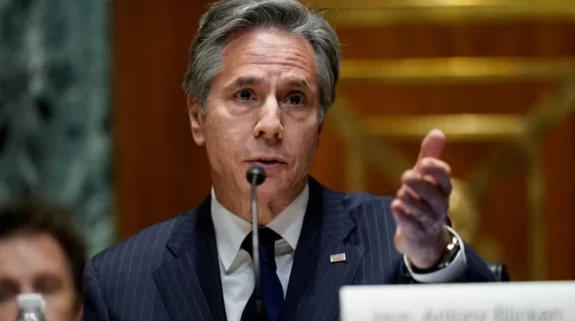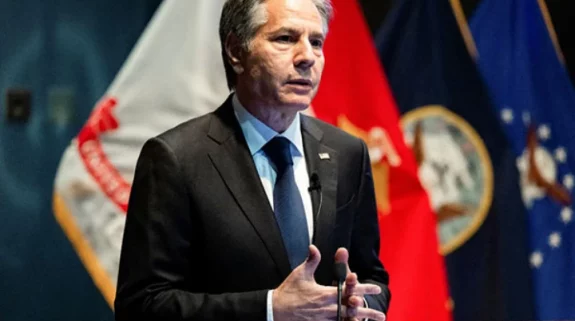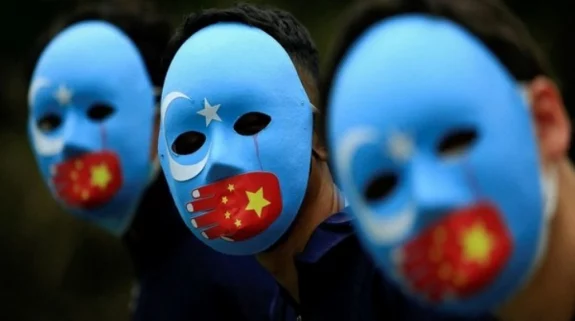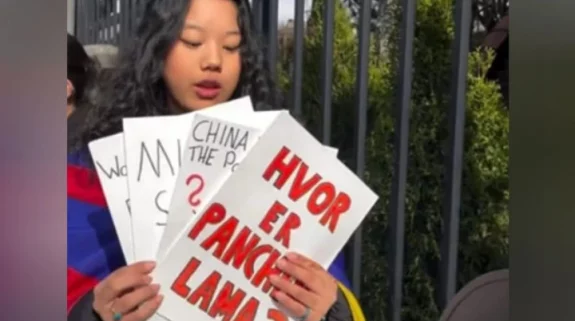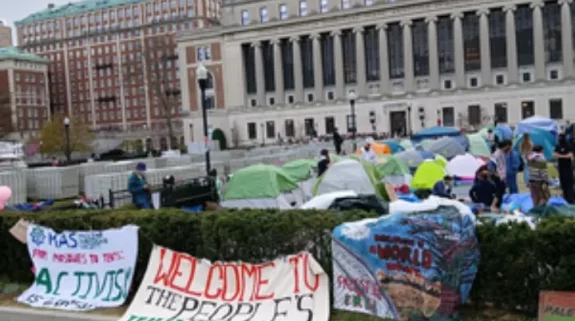Pakistan’s businesses, especially the small and medium enterprises, have been hit hard once again as the Shehbaz Sharif government raised power tariff even as headline inflation continues to remain at elevated levels. The move is to comply with the demands of the International Monetary Fund, which finally decided to provide a $3 billion financial assistance package to the cash starved country through a Stand-By Arrangement (SBA).
Pakistan’s businesses are already reeling under shortage of raw materials and frequent power outages. Now the new increased power tariff could lead to more factories, including several ones in the textile sector to shut down.
The increase of (Pakistani) Rs 4.96 per unit is a considerable quantum for the end consumers. With this increase, the base tariff will now be Rs 29.78 per unit.
“Businesses are worried that the fresh hike will adversely hit their competitiveness by spiking their costs, making them a lot more expensive both for domestic consumers and foreign buyers,” local newspaper Dawn said.
The textile sector has demanded a separate tariff category. However, the Sharif government, which will relinquish power next month in the wake of the general elections, may find it difficult to meet these demands. A caretaker government will take over in August. The country’s textile sector, which was one of the largest money spinners for the economy, is stressed too– operating almost 50 per cent less than the capacity utilisation. Last year’s devastating floods added to the woes as cotton crop output declined to a four decade low of 4.9 million bales.
Pakistan recorded a 12.7 per cent decline in exports for the July to June period—country’s financial year. During this period, the country’s exports were recorded at $27.74 billion compared to $31.782 billion in the previous financial year. The trend in outbound shipment may not change anytime soon with the caretaker government taking over.
Notably, Pakistan’s exports to China in the just concluded financial year have dropped too—by about 25 per cent. China has been one of the top export destinations of Pakistan. Apart from China, Pakistan exports to its other neighbours including Afghanistan have also remained muted.
Export growth is critical for Pakistan’s economy as this would then generate jobs, boost foreign exchange reserves and stabilise the local currency.
The South Asian nation is battling its worst economic crisis since independence. Unfortunately, the IMF deal, which the country desperately needed to avert a sovereign default, will not ease the woes of the common people or even businesses anytime soon as Islamabad will have to adhere to the stringent riders carved out by the multilateral lender.
Also read: Shehbaz Sharif clears ground for arrival of brother Nawaz Sharif to ‘make Pakistan Great’






